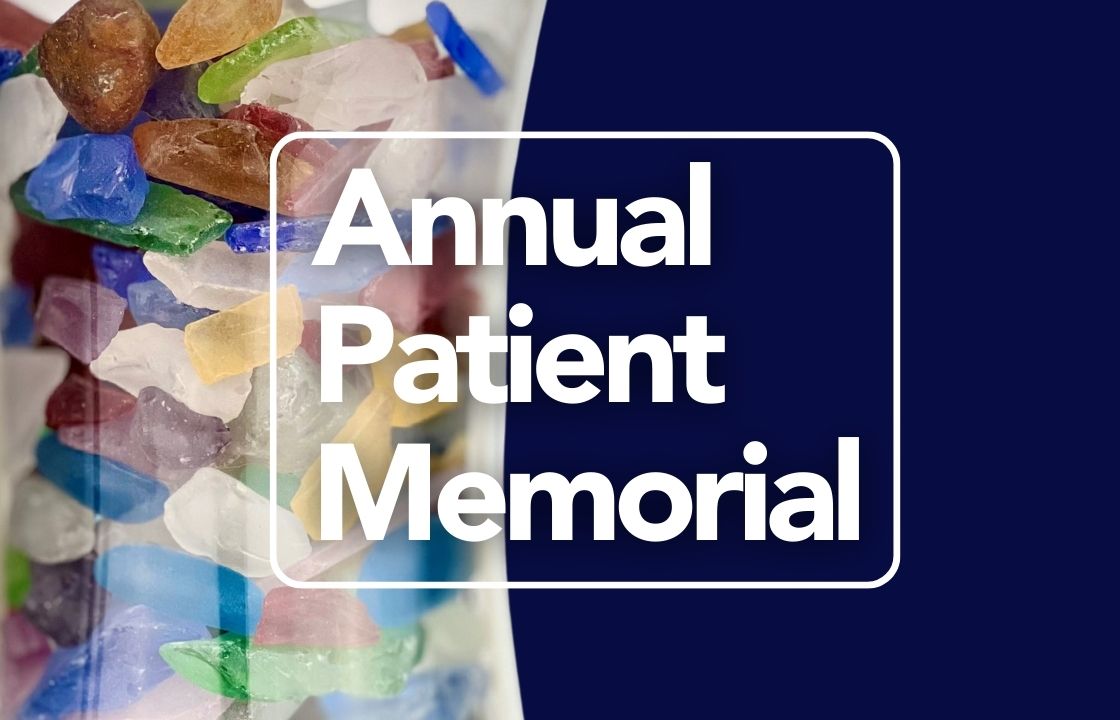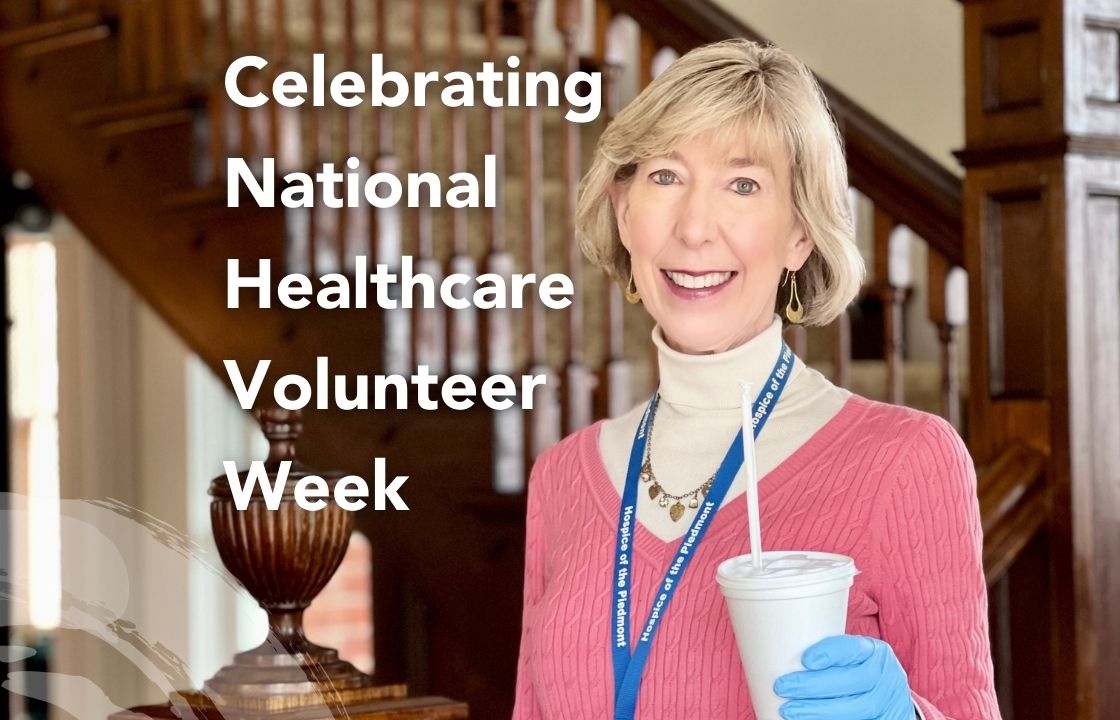The grief of losing a loved one is expressed in various ways by children. Kids cope with loss differently depending on their age, how close they were to the person who has passed away, and the support they receive.
Here are some things parents can do to help their children cope with losing a loved one:
Use honest and clear language
It is important to approach your child in a compassionate way to tell them that someone died. Simple and direct words are best. Take a moment to let your child absorb what you have told them.
Children often struggle to comprehend death’s permanence, which is why it’s important to be straightforward. Euphemisms can potentially complicate matters when used by parents. To be fair, this is sometimes done to comfort kids, but euphemisms can be confusing and even scary for some children.
Try to avoid phrases like “Passed away” or “Went on a long journey” as children can misinterpret the message you are trying to convey.
Let them process grief in their own way
Kids process death in bits and pieces over a period of time. Patience and persistence are necessary to parent a child who is coping with loss. After explaining clearly and concretely that Grandpa has died, you might be asked a few days later, “When will Grandpa be back?”
Upon learning of the death of a loved one, each child reacts differently. Some kids cry. Others ask questions. Some do not seem to react at all. This is okay and natural. Provide reassurance or hugs as needed and take some time to be with your child and answer their questions.
Let them know what to expect at a funeral
Whenever possible, allow children to participate in rituals like viewings, funerals, or memorial services if they show interest in attending. Prepare your child for the gathering by telling them what will happen and how to interact with others.
Explain to your child what happens after the service as a way to show them that people will feel better afterward. For example, some families eat food together, laugh, talk and focus on the happy memories they have of their loved ones.
Help them reflect on positive memories
Encourage your child in the days and weeks ahead to draw pictures or write down their favorite stories about the person they loved. The name of the person who died shouldn’t be avoided; in fact, recalling and sharing happy memories aids in the recovery from grief and promotes positive feelings for your child.
Hospice Of The Piedmont is there to care for patients and families throughout the final chapters of life. If your child is needing help to cope with the loss of a loved one, our Center for Children may provide them the outlet they need to recover. Our Center provides bereavement support through art therapy and other expressive means. Our programs assist children and their families by encouraging positive coping skills, validating feelings, and providing opportunities to discover they are not alone in their grief. Call us today at 434-817-6900 or toll-free at 1-800-975-5501 to learn more about our Hospice care and family support programs.



